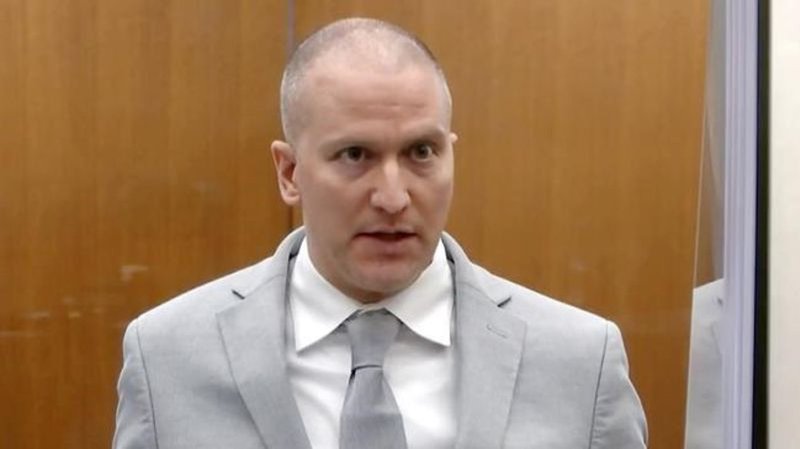
Ex-cop Lane gets 2 1/2 years on Floyd killing federal charge
ST. PAUL, Minn. (AP) — Former Minneapolis police Officer Thomas Lane has been sentenced to 2 1/2 years in prison on a federal civil rights charge for his role in the killing of George Floyd.
U.S. District Judge Paul Magnuson sentenced Lane on Thursday for his February conviction of depriving Floyd of medical care as he lay dying under Officer Derek Chauvin’s knee in May 2020.
Lane, who has been free on bond, didn’t speak at the hearing. Magnuson ordered him to surrender to U.S. Marshals on Oct. 4.
The killing of Floyd, who was Black, sparked protests in Minneapolis and around the world over racial injustice in policing, and launched a national reckoning on race.


